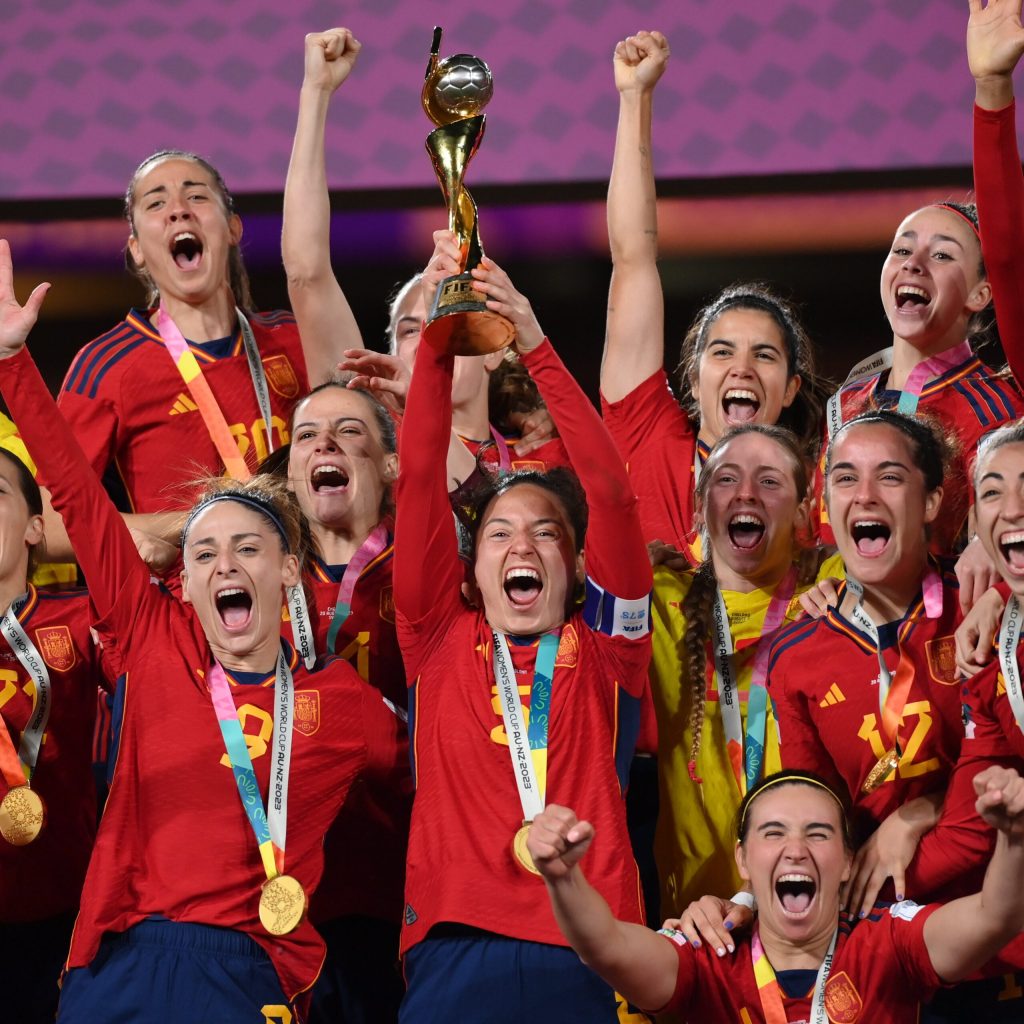For the first time ever, Spain is walking away from the FIFA Women’s World Cup with the title. They emerged victorious from the Aug. 20 final in Sydney against the England Lionesses with a final score of 1-0, in a tournament being hailed as the “most successful women’s sporting event in history.”
Spain is now the fifth nation to hold the trophy, joining an exclusive club of Women’s World Cup winners alongside Norway, Germany, Japan, and the United States, which has won four World Cups in total. This was the ninth iteration of the women’s tournament, which started in 1991, and marked the first time either team appeared in a World Cup final.
Spain took the field ready to attack, and in the 29th minute, captain Olga Carmona put the only game point on the board. The team made many other goal attempts, but England’s goalkeeper, Mary Earps, put on an incredible performance stopping their best shots and earning her the Golden Glove award.
Despite their super successful run, Spain’s World Cup journey has been clouded by some controversy due to an ongoing protest against the Royal Spanish Football Federation. In September 2022, 15 women’s players sent emails requesting not to be called up to the national team until issues of unprofessionalism – which they described as having an “important effect on [their] emotional state and by extension [their] health” – were resolved, according to CBS Sports. Three of those players still ended up playing on the 2023 World Cup team, helping them take home the trophy.
Aside from Spain’s win, this year’s tournament has been historic for a number of reasons. It’s the largest ever, with Australia and New Zealand hosting 32 teams, matching the number of teams at the men’s tournament for the first time ever. It has also broken records in ticket sales, viewership, online engagement, and prize money, according to FIFA; a total of $152 million will be awarded in prize money at the tournament, three times the amount that was given out at the last women’s tournament in 2019.
While there’s still a long way to go to reach equality for women’s soccer in terms of equal pay, treatment, and resources, this year’s tournament is undeniably a huge win for women’s sports – and that’s something to cheer about, whether you were rooting for Spain or not.
Related: The Women’s World Cup Was Just the Beginning of Decolonizing Soccer

